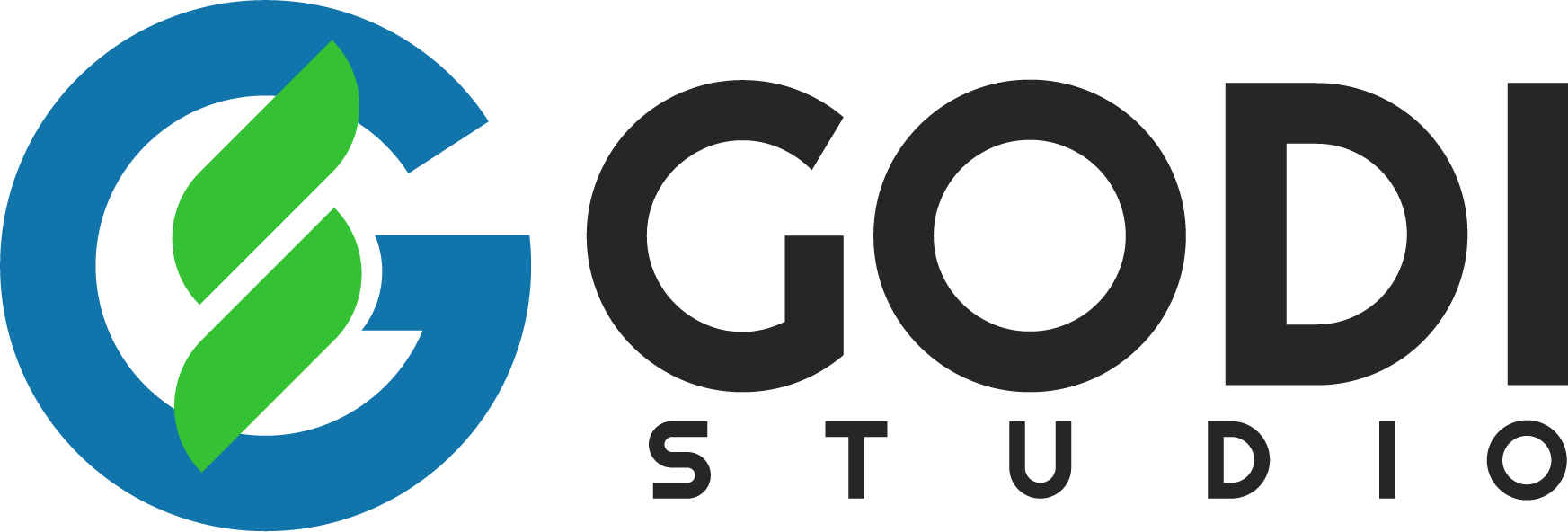WordPress website development is an in-demand skill, offering endless customization possibilities for all types of websites. Whether you're building a blog, an online store, or a corporate website, WordPress offers the tools to create a professional, scalable site. Click here This guide covers the essential steps and advanced practices to help you become a WordPress development expert in 2024.
Understanding WordPress Website Development
What is WordPress Development?
WordPress development involves creating, customizing, and optimizing websites on the WordPress platform. It encompasses everything from building sites using pre-existing themes and plugins to more advanced tasks, such as developing custom themes and plugins, enhancing the backend, and integrating APIs.
Key Benefits of Building Websites with WordPress
WordPress is a popular choice for developers and businesses alike due to its user-friendly interface, scalability, and robust framework. Developers benefit from an extensive library of themes and plugins, which allow for fast development and flexibility. Additionally, the WordPress community provides a wealth of tutorials, forums, and resources, ensuring that you can find solutions to any problem quickly.
Essential Steps to Becoming a WordPress Developer
Get Familiar with WordPress Basics
Before diving into advanced development techniques, it’s important to understand the basics of WordPress. This includes navigating the WordPress admin dashboard, where you can manage your site’s content, adjust settings, and install themes and plugins. Click here Knowing the difference between pages and posts, how to organize your media, and how to utilize WordPress’ block editor will help you build websites efficiently and lay a solid foundation for future development.
Learn Core Programming Languages
To become an advanced WordPress developer, you’ll need to master several core programming languages. WordPress is built using PHP, MySQL, HTML, CSS, and JavaScript, so it’s essential to be comfortable with each of these. HTML and CSS will allow you to structure and style your website content, while PHP is used to interact with the database and handle server-side functionality.
Building a Strong Portfolio and Community Presence
Sharing Your Work on WordPress Repositories
One of the best ways to demonstrate your WordPress development skills is by sharing your custom themes or plugins on platforms like the WordPress Plugin Repository. This not only helps you gain visibility but also shows potential clients and collaborators that you are committed to your craft. By contributing to the WordPress community, you can build credibility and create a portfolio that showcases your expertise.
Networking and Joining WordPress Communities
Building a strong network with other WordPress developers is invaluable for your professional growth. Participate in forums, attend WordCamps (WordPress conferences), and join online communities like GitHub and Stack Overflow. Click here Networking will allow you to stay up-to-date on industry trends, get feedback on your work, and collaborate on projects that expand your knowledge.
Advanced WordPress Development Practices
Custom Theme and Plugin Development
Mastering the art of creating custom themes and plugins is essential for advanced WordPress development. Custom themes allow you to give a website a unique look and feel, while custom plugins enable you to add specific features or functionality. By developing themes and plugins, you can offer tailored solutions to clients, providing them with websites that fully meet their needs without relying on pre-existing themes or plugins.
Mastering the WordPress REST API for Web Applications
The WordPress REST API is a powerful tool that allows developers to interact with WordPress from external applications. It enables the creation of headless WordPress websites and empowers you to build complex web applications that integrate seamlessly with WordPress. Mastering the REST API will open up opportunities for working with more advanced projects and will enhance your overall WordPress development skills.
Tips for Enhancing Your WordPress Development Skills
Continuous Learning and Practicing
Technology is constantly evolving, and WordPress is no exception. As a WordPress developer, you must stay up-to-date with the latest updates and features. Follow WordPress development blogs, subscribe to newsletters, and practice coding regularly to keep your skills sharp. Click here The more you experiment with new features, the better you will become at utilizing WordPress to its full potential.
Following WordPress Coding Standards
Adhering to WordPress’s coding standards is crucial for creating clean, efficient, and readable code. WordPress has established guidelines for both PHP and JavaScript, which ensure that code is consistent across themes, plugins, and websites. By following these standards, you ensure that your code is compatible with the WordPress ecosystem and can easily be maintained by other developers.
Testing and Optimizing Your Code
Before launching a WordPress website, rigorous testing is necessary to ensure that it functions well across different devices and browsers. Testing for cross-browser compatibility, as well as optimizing code for faster load times, can significantly improve user experience. Additionally, optimizing images and implementing caching techniques will help reduce page load times, enhancing both website performance and SEO.


